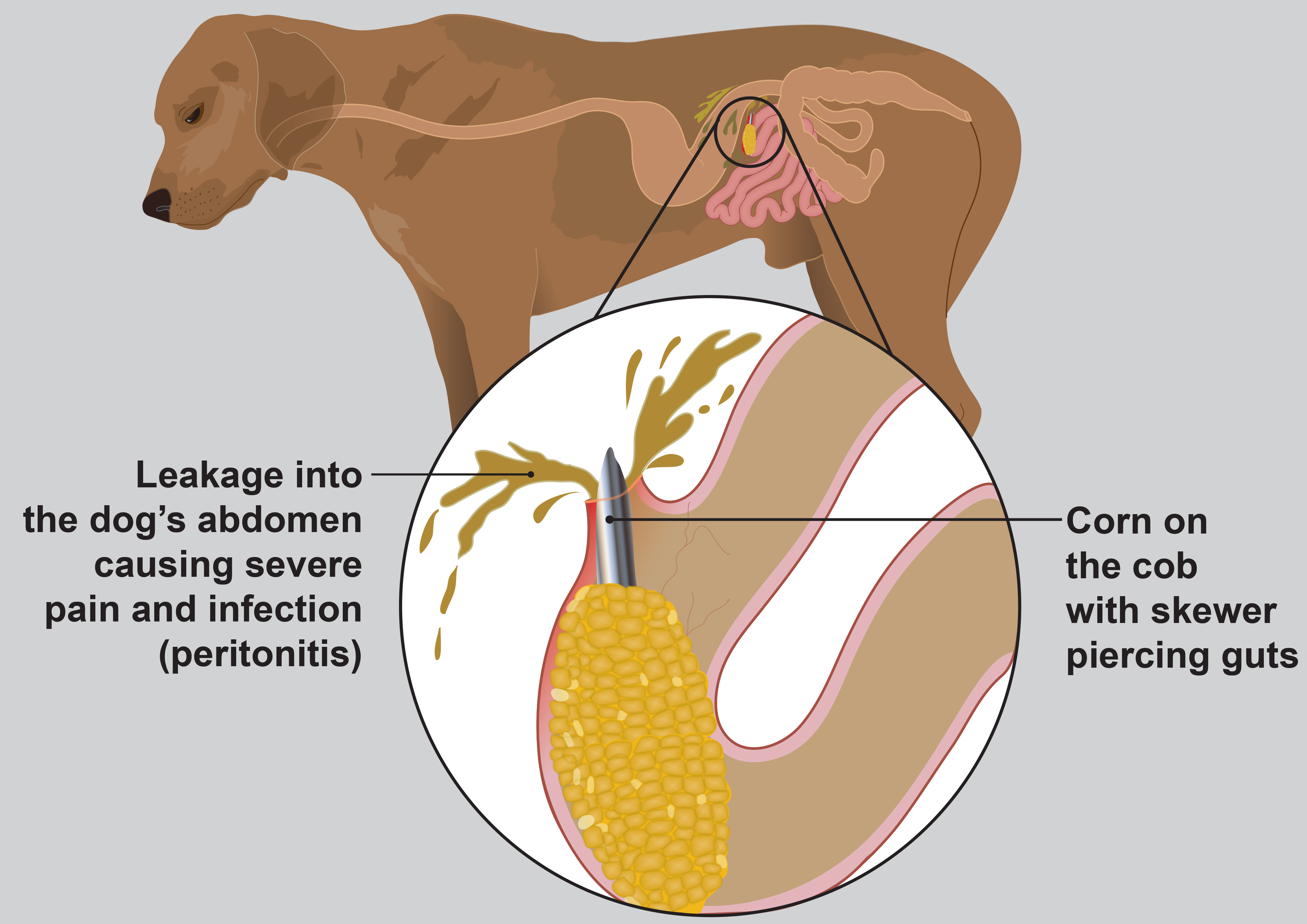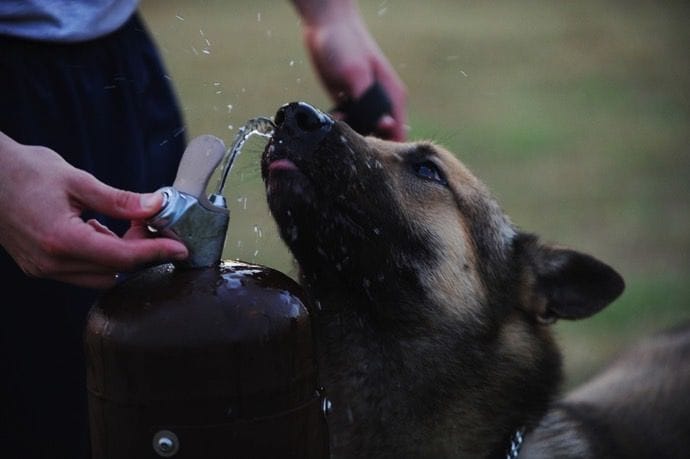Pet Obesity

According to research from the Association for Pet Obesity Prevention (APOP), 58 percent of cats and 53 percent of dogs in the U.S. were overweight in 2014. Obesity in pets is a growing problem, and the repercussions are serious.
The root of the problem
Why are so many pets overweight? Experts have theorized some causes of the ever-expanding waistlines of our pets.
Why are so many pets overweight? Experts have theorized some causes of the ever-expanding waistlines of our pets.
Food = love? Food is often associated with love, and because we love our furry family members, we want to show them that love by giving them extra food, treats, and sometimes food intended for human consumption, which is generally higher in calories and fat than pet food.
Early spay and neuter. While experts agree that early spay or neuter is good for population control and for the long-term health of pets, science is demonstrating that the hormone changes associated with early spay and neuter lead to decreased caloric requirements. Because of slower metabolic rates, animals who are spayed and neutered require less food to maintain a healthy weight.
Lack of exercise. As we lead busier lives than ever before, many pet owners hope a run in the yard for Fido is enough exercise to keep him healthy. For most dogs, this isn’t adequate. Dogs require our participation and interaction. Some dogs love to swim, others prefer to fetch, and some breeds, especially herding breeds, do best with a physical job. For many dogs, however, a simple daily walk is all that is required for them to stay at their ideal body weight.
Exercising a cat isn’t quite as simple. The experts agree that cats are healthiest and safest indoors, but an indoor-only kitty can become a lazy kitty, which can lead to weight gain. One way to exercise your indoor cat is to hide a small percentage of her food in a food puzzle or food-dispensing toy. Her innate prey drive will be activated as she “hunts” for her food, forcing her to be more active.
Play is important for cats, too. Use toys that require your cat to chase and jump.
A change in the norm. Over the years, our idea of a normal weight has changed. As the waistlines of both pets and humans have expanded, we’ve become accustomed to weighing more. What was once an animal of average weight today may seem to be underweight because our perception has evolved. The problem is, this new “normal” isn’t healthy.
Lack of pet owner knowledge or understanding. To complicate the pet obesity problem, many pet owners don’t know their pets are overweight. The APOP survey also revealed a “fat pet gap,” in which 90 percent of owners of overweight cats and 95 percent of owners of overweight dogs incorrectly identified their pets as falling within the normal weight range.
People don’t pack on the pounds overnight, and the same is true for our pets. Because weight gain is gradual, and we see our pets every day, it might sometimes be difficult to notice when a pet has become overweight. And for cats and small dogs especially, a few pounds can make a big difference.
Consequences of pet obesity
Overweight and obese dogs and cats are more likely than their slimmer counterparts to suffer from arthritis earlier in life. Some types of cancer are also more prevalent in overweight and obese pets.
Overweight and obese dogs and cats are more likely than their slimmer counterparts to suffer from arthritis earlier in life. Some types of cancer are also more prevalent in overweight and obese pets.
Among overweight cats in particular, diabetes is rampant.
Overweight and obese cats can have difficulty grooming themselves, which is bad for their physical well-being and their psyche, as self-grooming is a fundamental part of being feline. Not fitting easily into the litter box can cause some overweight or obese cats to have accidents outside the box.
Veterinary behaviorist Karen Overall, DVM suggests that some obese dogs and cats are actually clinically depressed. Their daily activity is often limited to taking brief jaunts in the yard or to the litter box for bathroom breaks, eating, sleeping, and eating some more.
How to prevent pet obesity
Your veterinarian plays an important role in the health of your pet and can help you keep your furry friend at a healthy weight. While pet owners generally don’t weigh their pets consistently, your pet will be weighed at each veterinary visit. If your veterinarian notices your pet’s weight is increasing, she should discuss it with you.
Your veterinarian plays an important role in the health of your pet and can help you keep your furry friend at a healthy weight. While pet owners generally don’t weigh their pets consistently, your pet will be weighed at each veterinary visit. If your veterinarian notices your pet’s weight is increasing, she should discuss it with you.
Your veterinarian can provide guidance about the right diet for your pet, including the type of food, appropriate amount, and frequency of feedings. Exercise should also be discussed with your veterinarian.
If your pet is already overweight, it is important to consult with your veterinarian about the proper way to help him get back into the healthy weight range. Crash diets aren’t healthy for anyone, but for cats especially a crash diet can trigger a sometimes-fatal liver disease.
Losing weight is never easy, but it can be done safely and effectively with assistance from your veterinary health care team.
Steve Dale is a certified animal behavior consultant, author of a syndicated newspaper column (Tribune Content Agency), and the host of two national radio shows, including Steve Dale’s Pet World on WGN radio in Chicago, Ill.
©iStock/Tarik Kizilkaya
Source: AAHA










